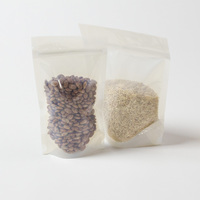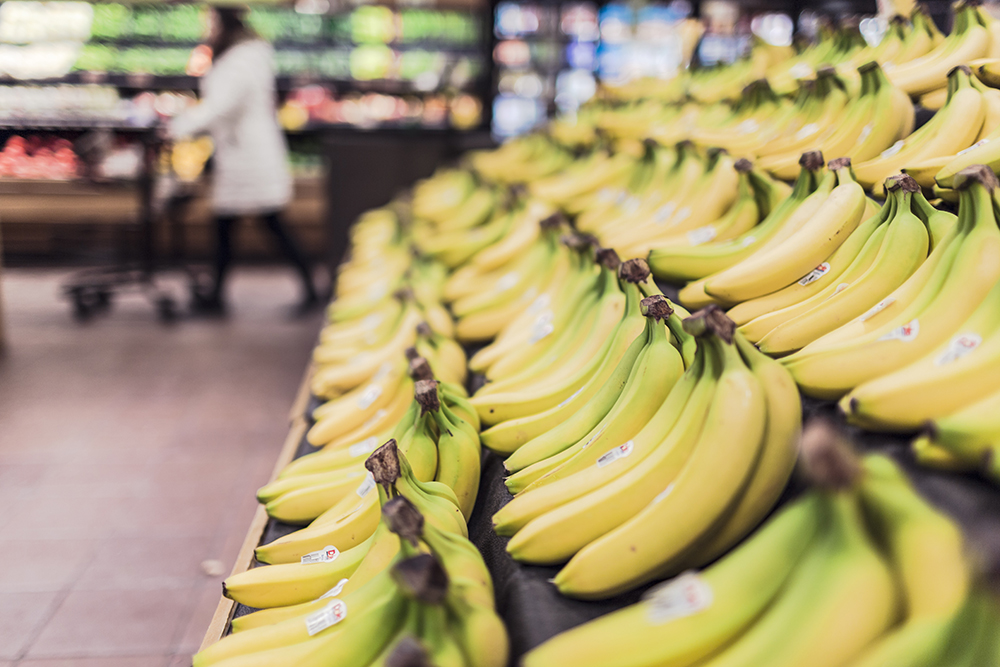Blog
Recent Posts
Sustainable Plastic Packaging - A New Compostable Reality
Posted by on
The Petroleum-based Plastic Packaging Problem
Sustainable, organic and natural brand owners have been searching for an alternative to plastic packaging for a long time. Flexible plastic bags used for food and beverage packaging make up two-thirds of the world’s plastic waste and they are often not recyclable.
Flexible packaging (packages such as fresh organic produce, fair-trade coffee, natural snacks, organic granola bars, seal-able plastic zipper bags, stand-up pouches, grains, etc.) is a growing segment of the world’s sustainable packaging market. The volume of flexible packaging is smaller than rigid plastic containers which reduces the use of plastics and wastes less space during transport, however most flexible packaging can’t be practically recycled. Apart from the lack of collection and recycling infrastructure, flexible packaging isn’t made of pure plastic polymers but rather made by blending several materials (this is necessary to give it the properties of “ordinary” plastics). These blended materials make the recycling of flexible bags nearly impossible.
It is important to note that even when some of the materials used for flexible packaging are biodegradable, the very blending of materials can make the entire package unfit for recycling or composting. Unfortunately, it can only head for the landfill.
The Compostable Plastic Packaging Solution
The 'natural packaging' of a banana is quite remarkable. What can we learn from this efficient and eco-friendly packaging?
The banana is "packaged by nature" in a protective natural peel. When discarded, the banana peel decomposes and leaves no toxic residue; the compost left behind can be used for plant growth. 100% of the banana peel returns to nature and the results in your garden are amazing!
Our vision is to provide best-in-class sustainable flexible plastic packaging which will have the same end-of-life organic waste has, yet also offer eco-friendly consumers and sustainable brands the same durability and shelf life they have come to expect of ordinary plastics.
Yet biodegradable and compostable packaging can only succeed if it has the same protective functionality as any equivalent “ordinary” plastic package – that is, to serve as a barrier between food and the environment. It must perform while also being readily available.
We know a lot of sustainable consumers share our vision and desire the satisfaction of knowing that the bio-plastic packaging they use can go back to nature; this benefits both sustainable consumer brands and our environment.
To learn more about how compostable and bio-based plastic packaging can meet your company's packaging needs, contact Elevate Packaging at 773-276-4554 or email us at info@elevatepackaging.com
Related Links:
Compostable Packaging Solutions for Entrepreneurs
How Sustainable is it?
As environmental awareness grows, more and more consumers are calling for natural, sustainable, and eco-friendly products. Businesses and brands are taking notice. A number of consumer-focused companies are beginning to move towards using natural ingredients and implementing a more sustainable supply chain. With the influx of eco-friendly products into the market, it can sometimes be difficult [...]
Packaging for Sustainable Body Care and Cosmetics
Over recent years there has been a shift in the beauty industry towards natural and more sustainable products. Consumers are driving this change by looking for more transparency in the products they are willing to spend their money on. Modern consumers are more conscious of what they are putting onto their skin and hair, and [...]
 Loading... Please wait...
Loading... Please wait...



